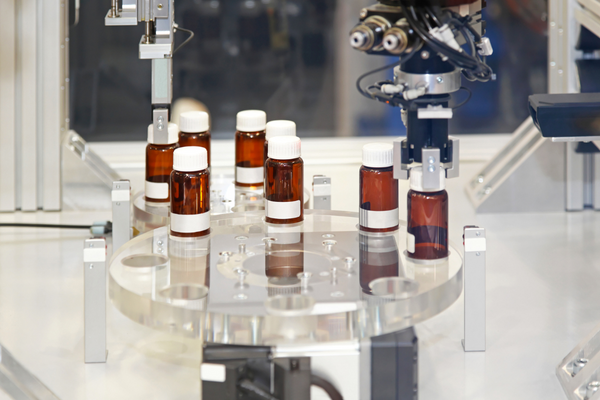
In December 2022, the Consolidated Appropriations Act was signed into law, introducing the Modernization of Cosmetics Regulation Act (MoCRA). This is the first significant amendment to the Federal Food, Drug, and Cosmetic Act since 1938. MoCRA grants the FDA more authority to regulate the cosmetics market, moving the US model of self-regulation to align with international industry standards of cosmetic regulatory oversight.
On Tuesday, February 21, Ithos Global hosted a regulatory webinar dedicated to educating cosmetic industry professionals on how to achieve compliance according to MoCRA standards. Titled ‘MoCRA Explained: Bringing US Cosmetic Regulation into the Modern Era’, Bridget Salter, VP of Global Regulatory Affairs and Adrienne Gabriel, Senior Regulatory Specialist walked attendees through the changes expected to take place within the next few years and next steps on how to prepare.

We summarized the law’s major updates for you below. For more in-depth information and clear, easy-to-follow steps on how to prepare, we recommend watching ‘MoCRA Explained’ in full.
Adverse Event Recordkeeping and Serious Adverse Event Reporting
Cosmetics companies will be required to maintain records of all adverse events related to their products, and report serious adverse events to the FDA within 15 days. This update is designed to improve consumer safety and enable the FDA to take action against potentially harmful products.
Mandatory Facility Registration
Companies that manufacture, process, pack, or hold cosmetics will be required to register with the FDA. This will enable the FDA to monitor facilities and improve their ability to respond to safety concerns.
Mandatory Product Registration
Companies will be required to register their cosmetic products with the FDA, providing detailed information about their ingredients and labeling. This will allow the FDA to identify potentially hazardous products and take appropriate action.
GMP Adherence
Good Manufacturing Practices (GMP) adherence requires cosmetics companies to follow specific manufacturing processes and procedures to ensure the safety, quality, and consistency of their products. The FDA will propose regulations for GMP adherence by December 29, 2024.
Fragrance Allergen Labeling
The FDA estimates that by the end of 2024, cosmetics companies will be required to label fragrance allergens on their products. This will help consumers with allergies or sensitivities avoid potentially harmful products.
Safety Substantiation
Cosmetics companies will be required to have evidence supporting the safety of their products. This update will ensure that cosmetics are safe for use and reduce the risk of harm to consumers. The FDA estimates that this requirement will be effective by the end of 2023.
Fragrance Ingredient Disclosure
The FDA will assess the safety of PFAs (per- and polyfluoroalkyl substances) and test methods for Talc, in order to improve consumer safety.
These updates will have a significant impact on the cosmetics industry, as companies will need to prepare for these changes and potentially update current practices to achieve compliance. The FDA will have increased authority to regulate the market, and failure to comply could result in significant financial penalties and damage to a company’s reputation.
Ithos Global can provide the necessary resources and support to help companies achieve compliance and stay ahead of the game. Our team of regulatory experts can assist with product registration, label and formula review, and GMP compliance. We can also provide access to our proprietary database of global regulations, allowing companies to stay up-to-date with the latest regulatory requirements and changes. View our guide to learn more about how you can start preparing for these upcoming changes.






